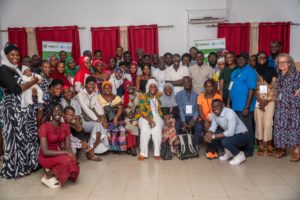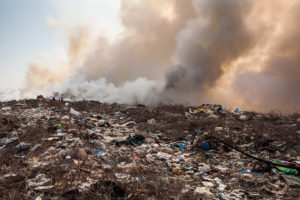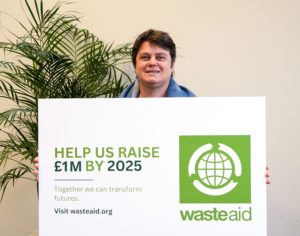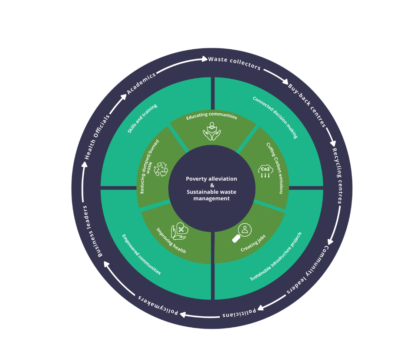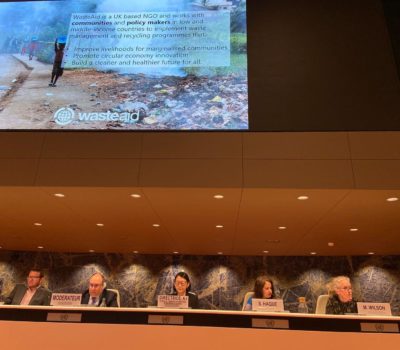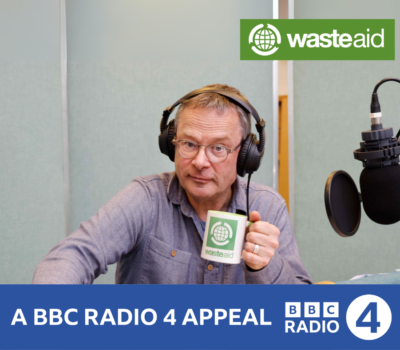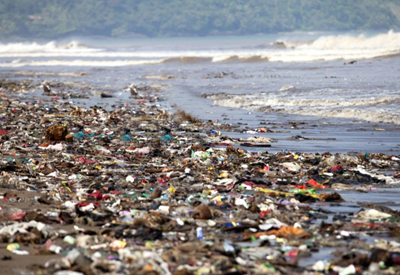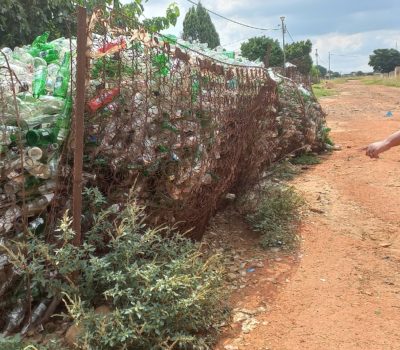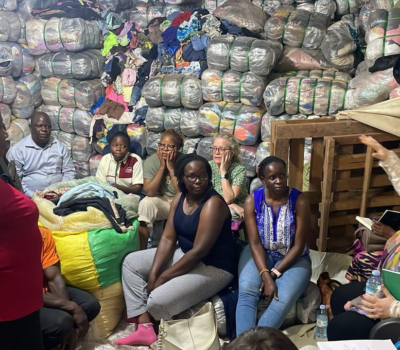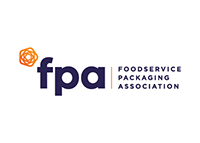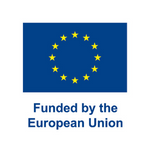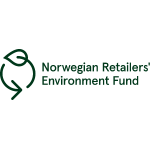WasteAid extends partnership with the Chartered Institution of Wastes Management to help The Gambia tackle its waste crisis
News
Author: Alison
Published: 8 December 2023
A second initiative to support the development of a formalised approach to waste management in The Gambia has been announced by WasteAid, a UK-based international non-governmental organisation, and the Chartered Institution of Wastes Management (CIWM).
The project, involving senior policymakers and local authority leaders as well as leading entrepreneurs, academics, and community leaders, will see WasteAid and CIWM members share best practices and technical skills. The approach will provide mentoring, technical training, and support to private enterprises and local councils.
Named by the Gambian project participants as Dennakuwo (which translates as ‘together we can’), it builds on the recently completed and highly successful first phase which established a Circular Economy Network in Greater Banjul. This network was the first of its kind in The Gambia and has brought the issues of circular economy and the need to support local solutions into the spotlight. The second phase of the project will continue to develop the network and deepen ties with CIWM members through knowledge transfer and exchanges on technical issues. This will include support to local authorities through a soon to be established Local Authorities Working Group which will be co-chaired by CIWM and Gambian representatives.
The Circular Economy Network, which now boasts 165 active members, aims to bring together those who can make the circular economy a reality in Banjul. It provides a collaborative forum to explore innovative solutions to local circular economy issues. By providing training and mentoring to members and supporting fledgling green businesses, WasteAid aims to identify and implement practical, circular economy solutions for communities.
Ceris Turner-Bailes, Chief Executive at WasteAid, said: “Our activity in The Gambia is a flagship example of what WasteAid is all about – convening diverse actors to support the transition from linear to circular economies and we are hugely grateful to CIWM for its continued financial and advisory support.
“The first phase of our work in the country enabled us to launch the Circular Economy Network which is already helping to deliver transformative waste initiatives in Greater Banjul. Our partnership with CIWM is helping members of the Circular Economy Network to learn from best practices in the UK and identify steps that they can take to reduce pollution in The Gambia and turn waste into economic opportunities.
“By working together, we are taking a huge step towards a cleaner and healthier future for all in The Gambia. Providing people at all levels of the waste management value chain with training, coaching, and access to targeted funding to deliver innovative and impactful waste management solutions to the people who need help the most.”
The Gambia is Africa’s smallest mainland country and has very limited waste management capacity often resulting in open dumping and burning of waste. This leads to poor health, economic losses and climate emissions. The challenges have been recognised at both local and national levels as a priority for sustainable development. The Gambia is one of the few countries committed to meeting the Paris Agreement to keep global warming below 1.5C. Alongside reducing climate emissions, the Ministry of Environment is also focused on protecting the country’s natural resources and building resilience to climate shocks such as drought and floods.
CIWM represents and supports over 6,500 individuals and 250 organisations in the resource and waste management sector. It has supported WasteAid’s activity in The Gambia since 2021.
Sarah Poulter, CEO of CIWM, said: “We are proud to have supported WasteAid’s activity in The Gambia since 2021 and are delighted to have the opportunity to expand on the project’s successes so far through this important second phase. There are currently no similar initiatives in the country which makes it even more crucial that we work with people at every level of the waste value chain to help them identify long-term solutions to their waste management challenges.
Resource efficiency is a global social responsibility, and inspiring and enabling action worldwide is a key aspect of CIWM’s strategy. Our purpose is to move the world beyond waste, and the collaboration and innovation facilitated by international initiatives such as the Circular Economy Network in Greater Banjul are vital to achieving this.”
While this project firmly connects key players from within the waste value chain to create an enabling environment so that the circular economy can flourish, WasteAid remains committed to reaching out to some of the poorest and most marginalised to offering training, mentoring, and a small amount of investment to help them improve their income potential. The project with CIWM will offer 25 vulnerable women guidance on turning food waste into compost, creating agri-products and deriving income from these activities.
News of the partnership follows the launch of a major fundraising campaign by WasteAid to raise £1 million before its 10th anniversary in 2025. The money raised will be used toward continuing existing projects and expanding the charity’s support to more communities around the globe.
The charity helps communities around the globe who are negatively affected by the global waste crisis to reduce waste pollution. Through its collaborative approach with local authorities, businesses, and community leaders, WasteAid delivers targeted, impactful programmes that support a local circular economy, and provide livelihood opportunities, training and skills for its programme participants, while also investing in locally appropriate infrastructure.
It is committed to supporting the informal sector – which is often among the most marginalised – and showcasing how a circular economy benefits everybody. Its response is always practical, locally appropriate, and focused on delivering lasting sustainable change. WasteAid’s whole-systems approach combines community behaviour change programmes, household collection infrastructure, and supporting collector groups, right through to identifying end-market solutions for waste.

